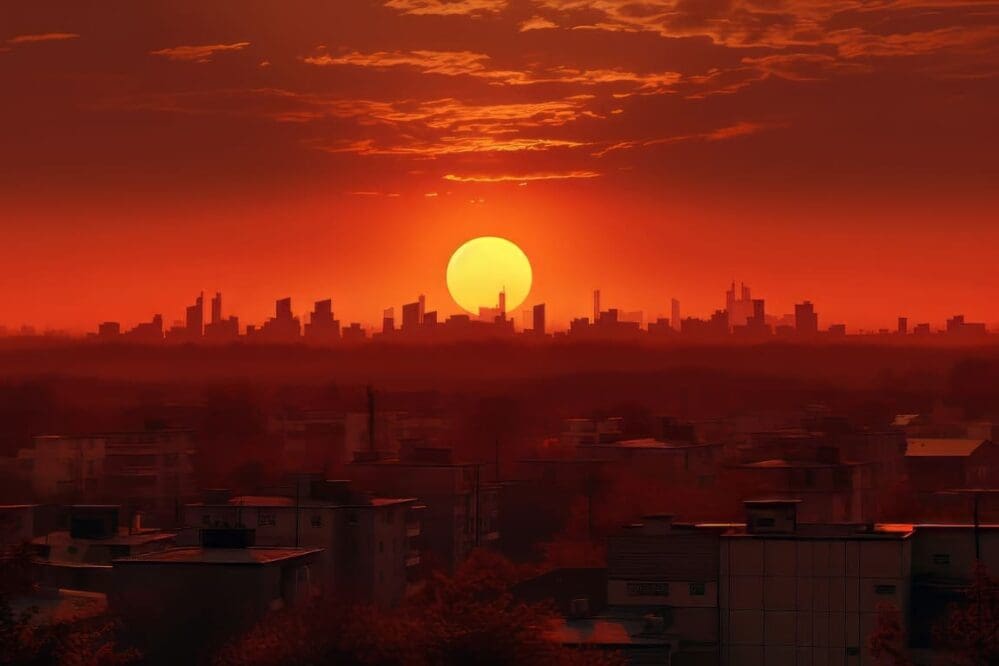By University of Maryland Center for Environmental Science
Climate change has already begun to transform planet Earth, and over the next few decades these dramatic transformations are expected to accelerate in an ongoing response to greenhouse gas emissions.
You may have already experienced these changes where you live and may be wondering: What will climate of the future be like where I live? How hot will summers be? Will it still snow in winter? And perhaps How might things change course if we act to reduce emissions?
This web application helps to provide answers to these questions. We don’t have time machines so we can’t travel to the year 2080. However, we can think about places that are warmer and wetter (or drier) today than where we live. Perhaps you have traveled to such a place for a holiday or for work. We can ask: If climate continues to change, how much will my home town feel like this warmer and wetter (or drier) place?
To find places that have a climate today most similar to the expected future climate in your city, the Future Urban Climates web app uses some fancy number crunching for thousands of cities, towns, and suburbs across the globe to answer the question: If I wanted to experience the best example of what my city’s climate is expected to be like in the future, where should I go?
Read more in the original article here
More information: This app includes updated analyses of those described in a 2019 paper published in Nature Communications. University of Maryland Center for Environmental Science Press Release. Featured image credit: Freepik (AI Gen)




